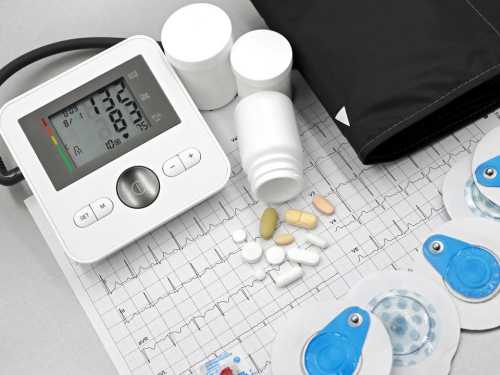
An international team of researchers from Northwestern University (USA) and Yonsei University (South Korea) analyzed medical data from more than 9 million people from two large groups (or, as scientists call them, “cohorts”) in South Korea and the United States. The study found that 99% of patients who had experienced a heart attack, stroke or heart failure already had at least one “alarm signal” – a health indicator that was worse than ideal. The work is published in the Journal of the American College of Cardiology (JACC).
It's like if you checked thousands of cars that broke down and found that almost every one of them had a light flashing on the dashboard before the breakdown.
Scientists have found that even minor deviations from the norm are the most common predictors of heart problems.
It's like a slow-flowing faucet: one drop per minute seems like a small thing, but over the course of a year, it's a whole puddle. The same goes for the body: even a slight increase in blood pressure (slightly above the ideal 120/80 mm Hg), cholesterol levels, blood sugar, and habits like smoking gradually “wear out” the blood vessels.
What's more, it turned out that problems rarely come in isolation: 93 to 97 percent of patients had two or more of these risk factors. This also applied to women under 60, who were previously often considered a low-risk group, proving that everyone needs to be vigilant.
The study's lead author, Professor Philip Greenland, said the findings “defy the myth that heart attacks are sudden.” He added that even what doctors sometimes call “normal” or “borderline normal” can lead to disaster if left untreated for years.
Imagine ignoring a strange knocking sound in your car's engine because it's still moving. A sudden breakdown on the highway wouldn't actually be sudden—it was expected. Same here: “There are almost always warning signs.”
The authors emphasize that prevention remains the most effective tool against cardiovascular disease.
This means that it is much easier and smarter to monitor the same “lights on the dashboard” – blood pressure, sugar, cholesterol – and “go for a checkup” on time, rather than having to deal with a major overhaul of the “engine” later. That is, a healthy lifestyle and regular checkups remain the best protection against heart disease, which, unfortunately, is still the leading cause of death worldwide.






